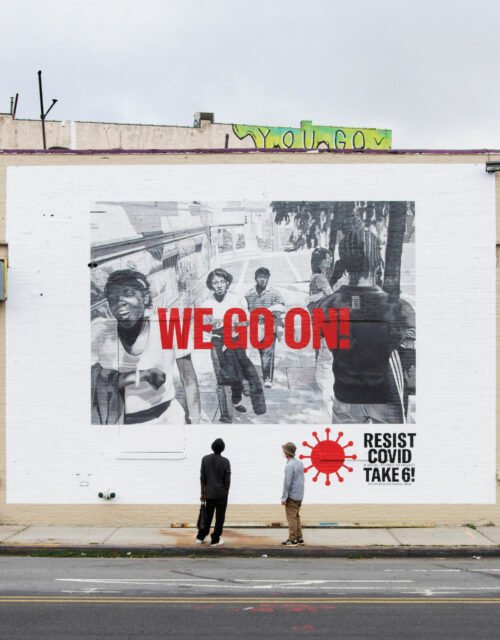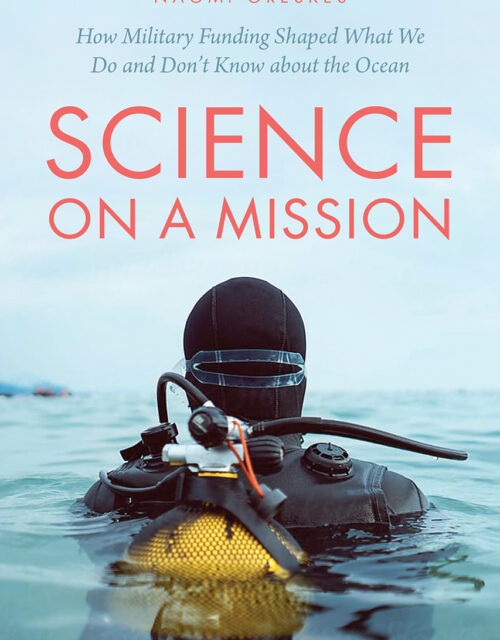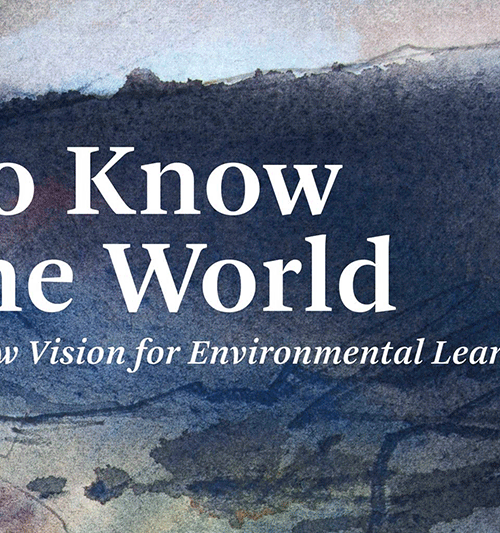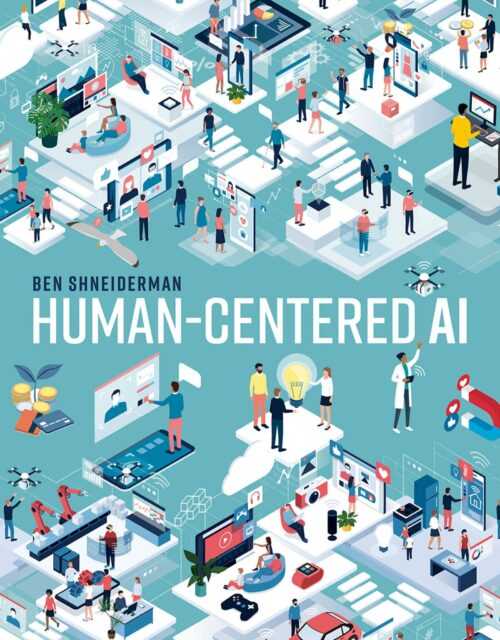Collaboration in the Cloud
Within science policy discussions, innovation is often framed as a neutral public good, rather than as politics by technological means. But the Summer 2022 Issues features stories of networks driving innovation through powerful ideologies, revealing the complexities involved in truly changing power structures.
Editor's Journal
On the Power of Networks
Read MoreNetworks of people devoted to a cause can be formidable forces for change.
Forum
Cleaning Up Our Mess in Space
Read MoreUnderstanding Noise in Human Judgments
Read MoreMaking Space for Technology Governance
Read MoreA Fresh Look at Power Thieves
Read MoreMatchmaking Challenges for Researchers and Policymakers
Read MoreStop Being Alchemists!
Read MoreA Critical Opportunity for Philanthropy
Read MoreProtecting and Empowering Workers
Read MoreDeliberating Autonomous Weapons
Read More

Gallery
Reflections on Carrie Mae Weems’s RESIST COVID | TAKE 6!
Perspectives
From Strength to Strength?
Read MoreCan the European Union bridge the gap between aspiration and practice and transform itself into a science powerhouse?
A Prehistory of Social Media
Read MoreThe story of early online communities reveals the social and technical origins of today’s social media—and offers a vision for a more humane internet in the future.
The Grind Challenges
Read MoreThe grand challenges of engineering are widely celebrated, but the grind challenges—the myriad interlocking tasks that keep our highly engineered world functioning—go unappreciated. Giving them their due provides a more mature vision for conceiving and communicating engineering.

Interview
“What I’m Mostly Afraid of Is That There Will Be Two Sciences—Democratic Science and Autocratic Science.”
Poetry
Some Extensions on the Sovereignty of Science
Read MoreIn “Some Extensions on the Sovereignty of Science,” Arizona poet laureate Alberto Ríos dramatizes the delight of discovering the extraordinary in the everyday.

Gallery
The Pomological Watercolor Collection
Real Numbers
Is There Really a STEM Workforce Shortage?
Read MoreDiscussions of STEM workforce policy have long featured unsubstantiated claims that the United States has a significant shortage of STEM talent. Better data—and more nuanced understanding of them—are needed to move the conversation forward.
Features
Creating Common Ground With Chinese Researchers
Read MoreAmid rising political tensions, a group of Western and Chinese scientists interested in biogovernance began meeting regularly to better understand each other and their shared scientific future.
Academic Mentorship Needs a More Scientific Approach
Read MoreResearch into mentorship demonstrates that supporting the next generation of brilliant minds takes collaboration, innovation, accountability, and rewards.
New Theory for Increasingly Tangled Banks
Read MoreTheory has fallen out of fashion in the sciences, in favor of data collection and number crunching. But the conceptual frameworks provided by theory are essential for addressing society’s most complex and urgent problems.
China Planet: Ecological Civilization and Global Climate Governance
Read MoreAlthough China has seen some success in realizing its ambitious climate goals, the country’s achievements have come at a social and political cost that few democracies could—or should—tolerate.
Architectures of Participation
Read MoreHow collaborative open-source software development increased the velocity of problem-solving in cloud computing—and what that suggests for innovation policy.
Reinventing the Peach, the Pimento, and Regional Identity
Read MoreThe story of how a small network of forward thinkers used biotechnology, entrepreneurial moxie, government-supported experimentation, and powerful storytelling to transform their state into an agent of innovation.
Changing the Business of Breakthroughs
Read MoreA new worldwide network of scientists and engineers is demonstrating how philanthropy can leverage a highly effective innovation model to solve urgent global problems
Book Reviews

Exploring the Depths of Scientific Patronage
Read MoreNaomi Oreskes’s new book on ocean science offers a history of the fruitful partnership between American oceanographers and the US Navy.

A New Social Contract
Read MoreFor problems that require collective action on a global—indeed, an unprecedented—scale, are we telling the right stories?

AI Designed With Humans in Mind
In 2018 and 2019, two Boeing 737 MAX airplanes crashed, killing a total of 346 people. Accident investigators believe that in both cases, one of the main causes was an autonomous software… Read More
The C Word: Artists, Scientists, and Patients Respond to Cancer
Read MoreAfter being diagnosed with prostate cancer, Canadian multidisciplinary artist Max Dean began to explore his prognosis through his art practice.
